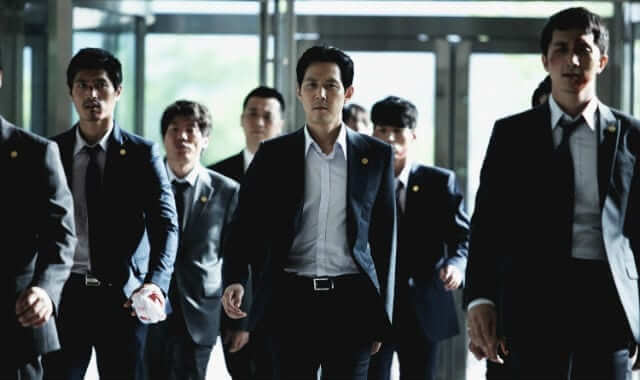Political Climate of South Korea
In 2005, the Freedom House Inc. listed South Korea as a free and open society. On the Freedom House scale of one to seven (one being the most open and seven being the most restricted) South Korea scores a 1 for Individual Political Rights and a 2 for Individual Civil Liberties. (Freedom House, 2005) This indicates that the climate is right for business expansion. The South Korean economy is recognized as one of the five Asian Tigers and its economy has grown exponentially in recent times. It is currently the 10th largest economy in the world based on GDP. (Wikipedia, n.d.) This growth is part of close Governmental ties to businesses to help and ensure the businesses succeed.
South Korean Business Practices
South Korean culture is central to a concept called, Kibun. Kibun while having no direct English translation permeates all facets of South Korean life and directly affects business transactions. The concept of Kibun can be described as a pride of one’s self and state of mind. It is very important in South Korean culture to not place one or one’s business partner in a position that could cause loss of face. This includes showing the proper respect and observing verbal and non-verbal cues that one’s business partner makes. (Communicaid, 2004)
South Korean culture places utmost importance on intrapersonal relationships. In order to be successful in business, one must have a personal connection with one’s trading partners, customers, and clientele. These relationships must be maintained and nurtured to provide personalized service in every transaction, particularly in the first meeting. First impressions in South Korea set the tone and pace for continuing interactions. South Korean businesspeople will expect punctuality and forthrightness in every meeting and transaction. The most suitable meeting times for businesspeople in South Korea are between the hours of 10:00 AM and 12:00 PM or 2:00 PM and 4:00 PM. As a business, any literature or proposals we use in South Korea should be provided in English and Korean as a courtesy.
Business contracts in South Korea are seen as a starting point for a business relationship rather than the final stage of business agreement. We must remember to always show the proper respect to South Korean business partners and their customs in each meeting. South Korean culture is very much based on a hierarchy of age and seniority. Business partners and customers that are older instantly command more respect. Direct eye contact is also very important to South Korean business culture. We must be mindful of our body language and not show disdain or discouragement publicly. South Korean business decisions are often made collectively, so being patient is required for successful business transactions.
The South Korean market is a rapidly expanding multi-trillion dollar economy. By keeping these tips in mind in all of our business transactions in the South Korean marketplace, we can ensure that our international businesses will experience great international growth and expansion. In the future, you can look forward to building longstanding relationships with the South Korean people through dignity, respect, and integrity.





























